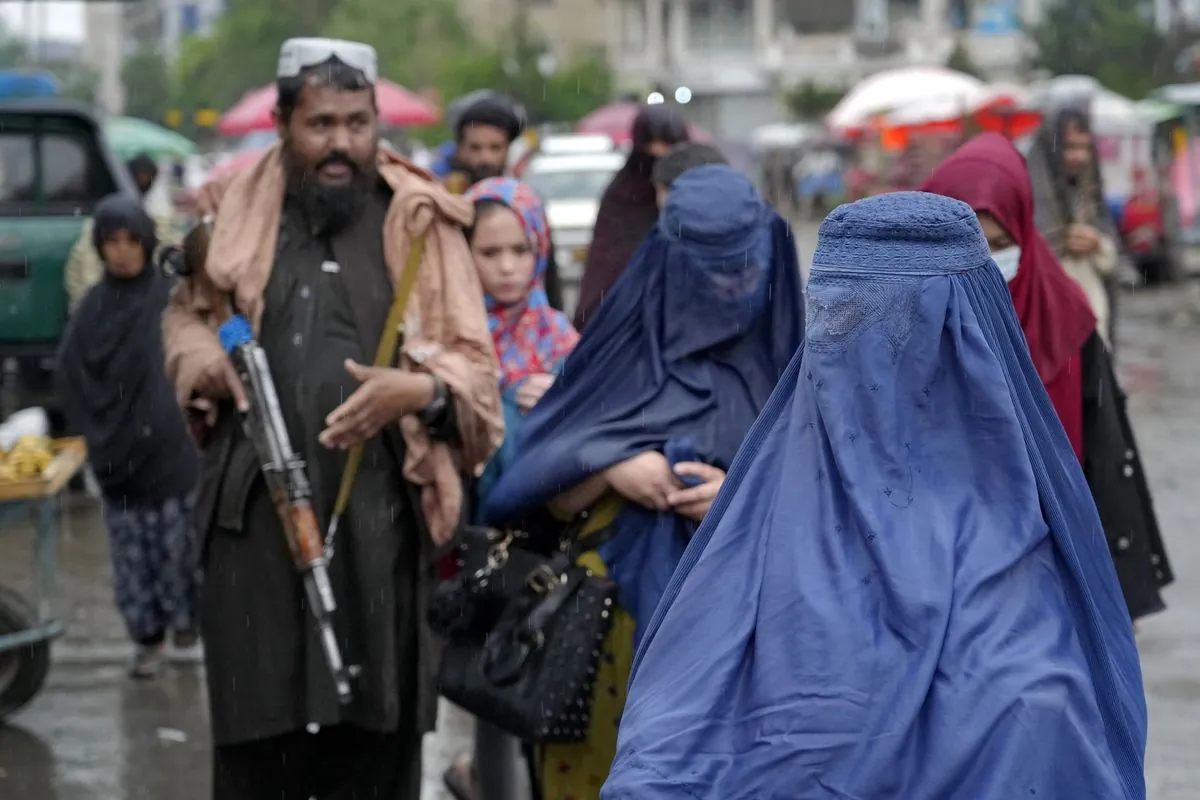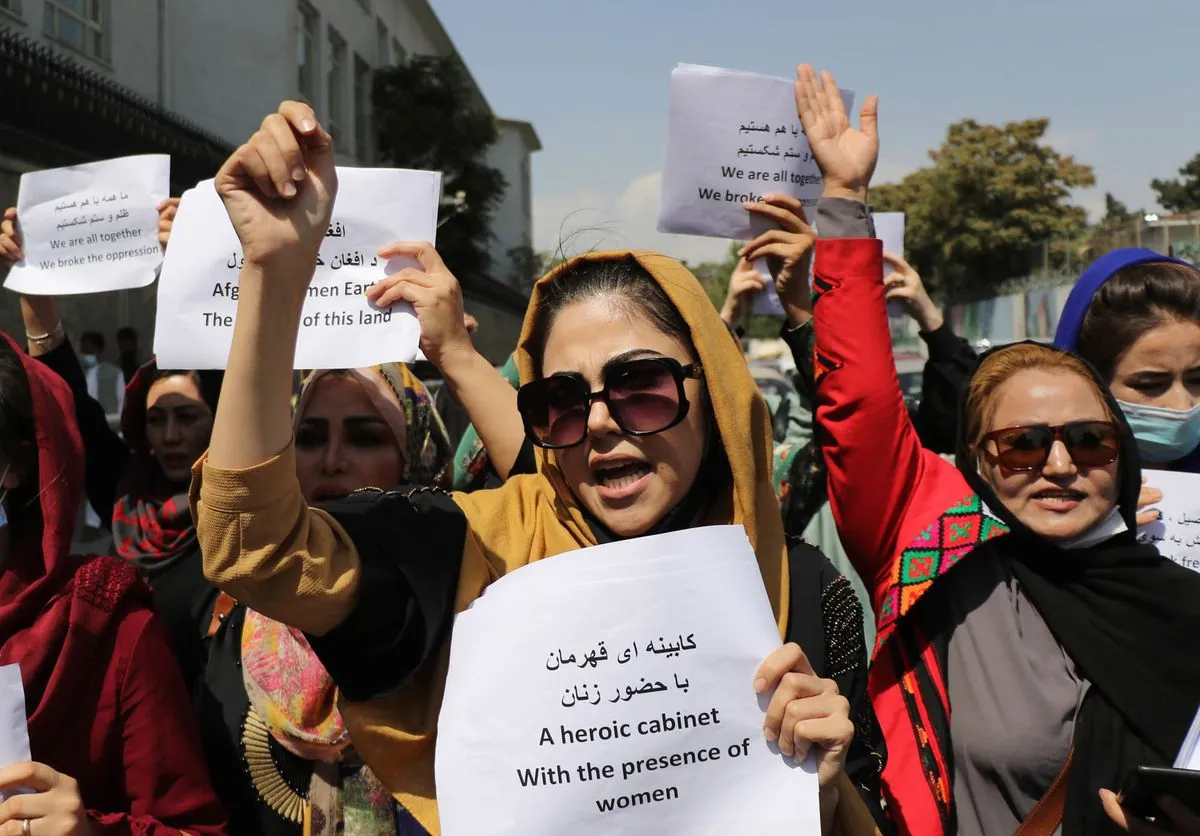Taliban's Grip Tightens: Afghan Women Face Harsh Reality 23 Years Post-9/11
Two decades after 9/11, Taliban rule in Afghanistan brings severe restrictions on women's rights. International community grapples with response as the regime tightens control, defying global criticism.

Twenty-three years after the September 11 attacks, Afghanistan finds itself back under Taliban control, with women's rights severely curtailed. This situation starkly contrasts with the vision outlined by George W. Bush in the aftermath of 9/11, when he framed the U.S. response as a fight for civilizational values.
The Taliban's return to power in August 2021 marked a significant setback for Afghan society, particularly for women. Their fundamentalist interpretation of Islamic law now governs the country, reminiscent of their previous rule from 1996 to 2001. Women are once again barred from education and face stringent restrictions on their public presence and personal freedoms.
This outcome represents a grim epilogue to the United States' two-decade-long involvement in Afghanistan. Despite investing over $2 trillion and deploying up to 98,000 troops at its peak, the U.S.-led intervention failed to establish a stable, democratic government capable of resisting the Taliban's resurgence.

The humanitarian crisis in Afghanistan has deepened since the Taliban's takeover. The country's economy has collapsed, exacerbated by international isolation and the lingering effects of the COVID-19 pandemic. More than half of Afghanistan's 38 million people now require humanitarian assistance.
In March 2024, the Taliban issued a new set of draconian edicts further restricting women's rights. These rules mandate full-body veiling for women in public, prohibit their voices from being heard singing or reading aloud, and ban eye contact between unrelated men and women. These measures have drawn sharp criticism from international human rights organizations and UN officials.
"I want to make clear my abhorrence of these latest measures, which include forbidding even eye contact between women and men who are not related and imposing mandatory covering for women from head to toe, including their faces. I shudder to think what is next for the women and girls of Afghanistan. This repressive control over half the population in the country is unparalleled in today's world."
The Taliban, however, remain defiant in the face of international condemnation. Their spokesperson, Zabihullah Mujahid, dismissed foreign criticism as "arrogance" and reaffirmed the regime's commitment to enforcing their interpretation of Islamic law.
The international community now faces a dilemma in dealing with the Taliban regime. While normalizing relations seems untenable given the current human rights situation, isolating Afghanistan has not yielded positive changes in the Taliban's behavior.
As the world grapples with this challenge, Afghan women continue to suffer under one of the world's most repressive regimes. With a literacy rate of only 30% among women and girls, and 64% of the population under 25, the Taliban's policies threaten to stifle the potential of an entire generation.
The situation in Afghanistan serves as a stark reminder of the complexities of international intervention and the enduring challenges of nation-building in a country that has experienced almost continuous conflict since 1978.


































